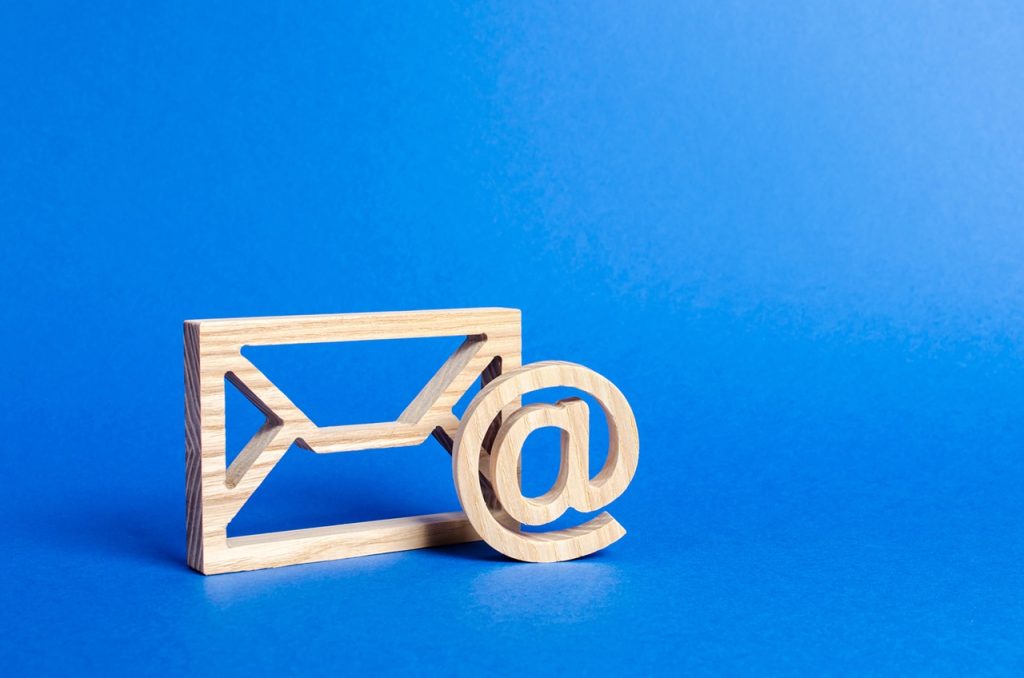Email Marketing: The Power of Personalized Communication

In today’s digital age, email marketing has become an essential tool for businesses to engage with their customers and drive results. With over 4 billion email users worldwide, it’s no wonder that email marketing remains one of the most effective strategies for reaching and converting potential customers. In this blog post, we will explore the basics of email marketing, its benefits, and how to create successful email campaigns.
What is Email Marketing?
Email marketing is a digital marketing strategy that involves sending commercial messages, typically in the form of emails, to a group of individuals. These emails can be promotional in nature, containing information about products, services, discounts, or special offers. Additionally, they can also be informative, providing updates, newsletters, or educational content to engage and nurture relationships with customers.

The goal of email marketing is to connect with recipients on a more personalized and direct level, providing relevant and valuable content that resonates with their interests and needs. Lastly, by building a subscriber list and segmenting it based on various criteria like demographics, past purchases, or engagement history, businesses can send targeted emails that are more likely to be opened and acted upon.
Benefits of Email Marketing
1. Cost-effective: Email marketing is a highly cost-effective marketing strategy. Compared to traditional advertising methods like direct mail or print ads, email marketing allows businesses to reach a large audience at a significantly lower cost.
2. Targeted audience: With email marketing, businesses can segment their audience based on various criteria like demographics, past interactions, or purchase history. This segmentation enables businesses to send highly targeted and personalized messages that are more likely to resonate with recipients, increasing the chances of engagement and conversion.
3. Increased engagement: Emails provide a direct and personalized line of communication with customers. By delivering relevant and valuable content to subscribers, businesses can engage their audience, encourage them to visit their website, and take desired actions like making a purchase or signing up for a webinar.
4. Builds customer loyalty: Email marketing allows businesses to nurture relationships with their customers over time. By consistently delivering informative and valuable content, businesses can establish trust, credibility, and loyalty. This can lead to repeat business, higher customer retention rates, and positive word-of-mouth referrals.
5. Measurable results: Email marketing provides detailed analytics and tracking capabilities. Businesses can monitor open rates, click-through rates, conversions, and other relevant metrics to assess the effectiveness of their campaigns. This data allows for continuous improvement and refinement of email marketing strategies.
Additional Benefits of Email Marketing
6. Automation and scalability: Email marketing platforms offer automation features that allow businesses to set up automated email sequences based on triggers or specific actions taken by subscribers. This automation saves time and effort while ensuring timely and relevant communication with customers. Additionally, email marketing can be scaled to accommodate businesses of any size, whether small startups or large enterprises.
7. Easy to create and share: Email marketing platforms provide user-friendly tools and templates that make it easy to create professional-looking emails. With just a few clicks, businesses can design visually appealing newsletters or promotional emails and share them with their audience.
Key Elements of Successful Email Campaigns
1. Clearly defined goals and objectives: Determine what you want to achieve with your email campaign. Whether it’s increasing sales, driving website traffic, or building brand awareness, having clear goals will help shape your content and strategy.
2. Targeted and segmented audience: Segment your email list and send tailored messages to specific groups based on demographics, interests, or past interactions. This personalization increases the relevance and effectiveness of your emails.
3. Compelling subject lines: Grab your recipients’ attention with compelling subject lines that entice them to open your email. Use curiosity, urgency, or a clear benefit to make your subject lines stand out in crowded inboxes.
4. Engaging and valuable content: Deliver content that adds value to your subscribers’ lives. This could include informative articles, exclusive offers, helpful tips, or personalized recommendations. Make your content easy to read, visually appealing, and relevant to your audience’s interests.
5. Clear call-to-action (CTA): Every email should have a clear and persuasive call-to-action that tells the recipient what action you want them to take. Whether it’s making a purchase, signing up for a webinar, or downloading a resource, the CTA should be noticeable, compelling, and easy to follow.
Key Elements of Successful Email Campaigns
6. Mobile optimization: As more people access emails on their mobile devices. Ensure that your emails are mobile-friendly and display properly on various screen sizes. Optimize your email templates to be responsive and easy to navigate on smartphones and tablets.

7. A/B testing: Experiment with different elements of your emails. Such as subject lines, content layout, colors, or CTAs, by conducting A/B tests. Test different variations to determine what resonates best with your audience and drives the desired outcomes.
8. Personalization and automation: Utilize personalization tags to address recipients by their names and customize content based on their preferences. Automation allows you to set up triggered email sequences. Such as welcome emails or abandoned cart reminders, saving time while ensuring timely communication with your audience.
9. Analytics and tracking: Monitor key metrics like open rates, click-through rates and conversions. Unsubscribe rates to evaluate the performance of your campaigns. Use these insights to refine your email strategy and improve future campaigns.
10. Compliance with email regulations: Familiarize yourself with email marketing regulations. Such as CAN-SPAM Act or GDPR, to ensure you are compliant with legal requirements. Include clear unsubscribe links and honor unsubscribe requests promptly.
In conclusion
Email marketing is a powerful tool that can drive customer engagement, build loyalty, and boost conversions. By personalizing your messages, delivering valuable content, and optimizing for mobile. You can create effective email campaigns that resonate with your audience. Remember to continuously test and analyze your efforts. To refine your strategy and ensure that your emails deliver the desired results.
Also Read Mastering WebWave: A Step-by-Step Guide to Unlocking the Power of this Website Design Tool








